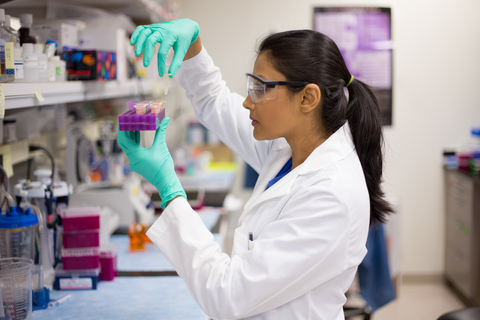Chief executive retires from Apitope

Dr Keith Martin, the chief executive of Chepstow-based clinical biotech company Apitope, is to retire from the company.
Insider Media reports Apitope, who develop antigen-specific immunotherapies targeting autoimmune diseases, revealed Keith Martin had decided to retire after twelve years.
Keith Martin will remain on the Apitope Board as a non-executive director. Dr Hayley French will move to chief operations officer and act as interim chief executive until a permanent replacement is in place, and has joined the board of directors.
Stéphane Verdood, chairman at the company, which is also based in Hasselt, Belgium, said “Keith’s contribution to Apitope’s growth during his 12-year tenure has been immeasurable. Under his strategic leadership Apitope has grown to be a clinical stage biotech with multiple programmes in development for diseases with high unmet needs. On behalf of the board we would like to thank Keith for his contribution to Apitope and we are delighted he will stay on the board as a non-executive director. I am very pleased that Hayley has agreed to take on the role of chief operating officer and interim chief executive to ensure the smooth running of the company. She has played a major role in Apitope’s growth and success over the past eight years and the board is confident in her expertise and experience in progressing Apitope’s growth and maximising the potential of its clinical programmes.”
Keith Martin said “It has been an honour to have led Apitope and the transformation of the company from a University of Bristol spin-out to a clinical stage company with a strong clinical pipeline. I am proud of our achievements to date and I look forward to supporting the growth and development of Apitope as a board member.”
Hayley French said “With efficacy demonstrated in two diseases, Apitope has a robust clinical pipeline of first-in-class antigen-specific immunotherapies for the treatment of autoimmune diseases. Apitope’s ATX-MS-1467 is a potential game changer in the treatment of multiple sclerosis and ATX-GD-59 appears to be the first disease-modifying treatment for Graves’ disease in over 60 years. I look forward to maximising the potential of these important new treatments and lead the company through its next phase of growth.”








